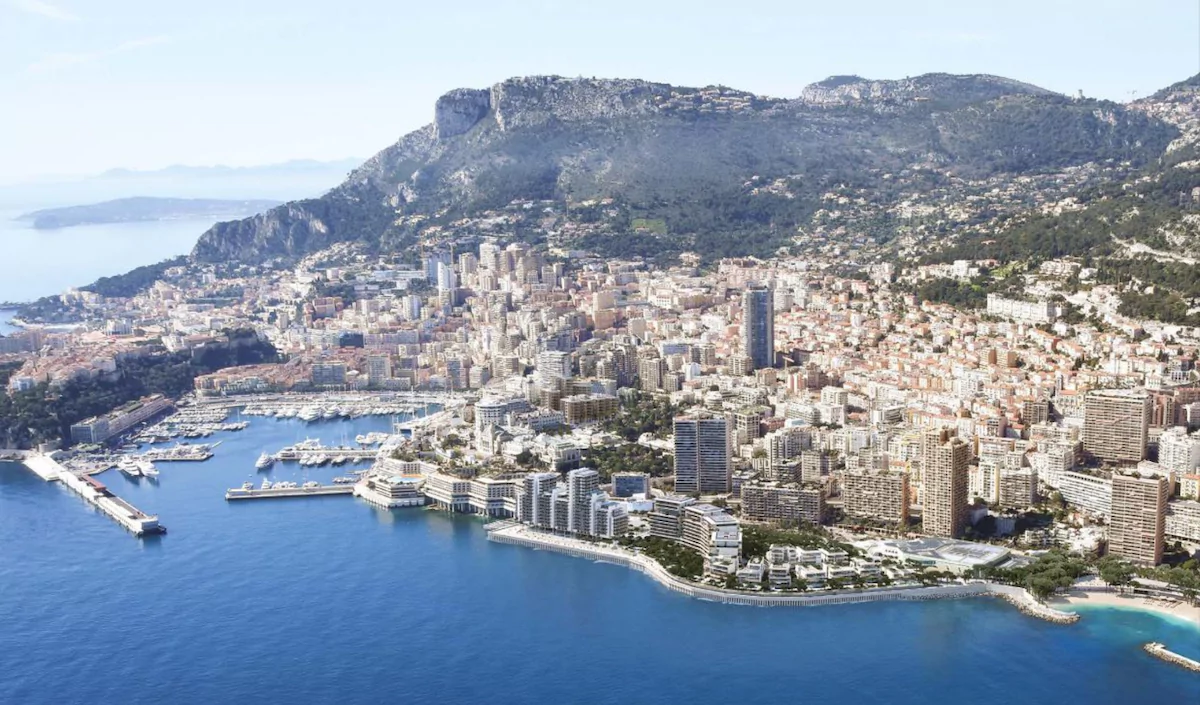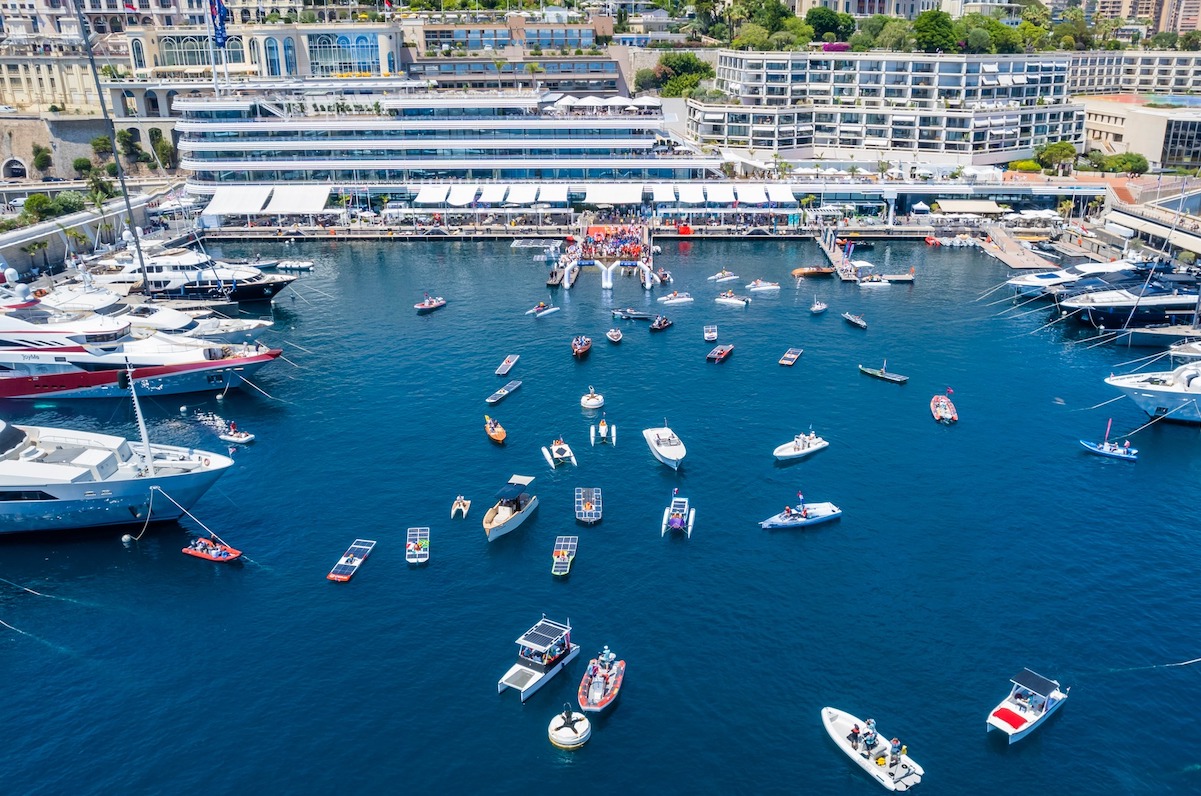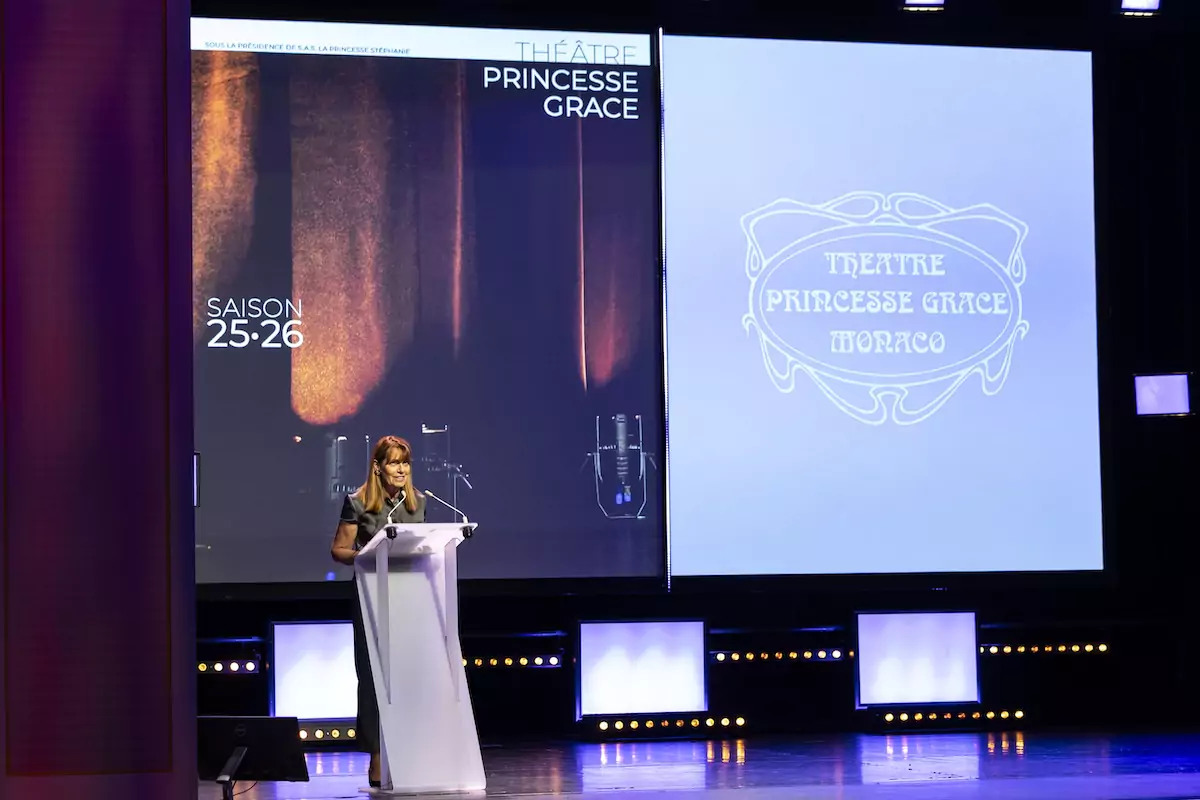From a surge in employment to a booming real estate sector, Monaco’s 2024 key figures from IMSEE reveal a Principality continuing its upward economic trajectory – but with some telling shifts.
Each year, the Monaco Statistics Institute (IMSEE) releases ‘Monaco in Figures’, a powerful insight into life in the Principality. With the publication of the 2025 edition, expats and residents alike gain insight into what’s driving the local economy and shaping the social landscape.
Employment and population trends
One of the most striking changes between the past two years is in employment. The number of jobs held in Monaco jumped to 65,493 in 2025, compared to 62,455 in 2023 – an increase of over 3,000 positions. Meanwhile, the number of employers also rose slightly to 6,305, up from 6,234 the year prior. These figures affirm Monaco’s continued appeal as a business hub, particularly in services and finance.
The population remained stable at 39,050 residents in 2025, virtually unchanged from 2024. French nationals remain the largest group (9,286), followed by Italians (8,499) and Monegasques (9,606), while the number of British residents held steady.
Real estate and construction boom
The Principality’s property market continues to heat up. In 2025, 520 real estate transactions were recorded, matching 2024 figures but at a higher combined value of €3.54 billion – a sharp increase from €3.21 billion the year before. The average price per square metre for resale property reached €51,418, a significant uptick from the 2024 average of €50,000, indicating sustained interest in the ultra-premium residential market.
See also: Monaco property market breaks records in Q1 2025, led by landmark completions
Building permits also increased slightly from 28 in 2024 to 30 in 2025, reflecting both renovation activity and new construction, especially in neighbourhoods like Larvotto and Jardin Exotique.
Tourism steady, but not booming
Despite global instability and shifting travel patterns, Monaco welcomed 369,206 overnight visitors in 2025 – nearly identical to the previous year. The hotel occupancy rate remained steady at 55%, highlighting a plateau in tourism recovery post-pandemic.
However, with major events like the Formula 1 Grand Prix and Monaco Yacht Show anchoring the calendar, the sector continues to draw high-spending guests, particularly in luxury accommodations.
Business, mobility and quality of life
Company creation saw a minor rise in 2025, with 780 new businesses established versus 754 in 2024. Transport and mobility infrastructure also improved: public transport usage increased, with 7.6 million passengers on urban buses in 2025, up from 7.2 million in 2024.
The number of students enrolled in Monaco’s schools ticked up slightly to 5,947, and cultural life remained vibrant, with museum attendance holding steady. Meanwhile, the number of vehicles registered in the Principality climbed from 14,338 to 14,730, raising continued questions around congestion and sustainability.
Looking ahead
For expats living and working in Monaco, these figures offer more than a snapshot – they signal where the Principality is investing, growing, and evolving. While real estate and employment continue to rise, Monaco’s stable population and levelling tourism figures hint at a mature market refining rather than reinventing itself.
See also:
Monaco posts record-breaking €5 billion revenue in first quarter of 2025
Stay updated with Monaco Life: sign up for our free newsletter, catch our podcast on Spotify, and follow us across Facebook, Instagram, LinkedIn, and Tik Tok.





